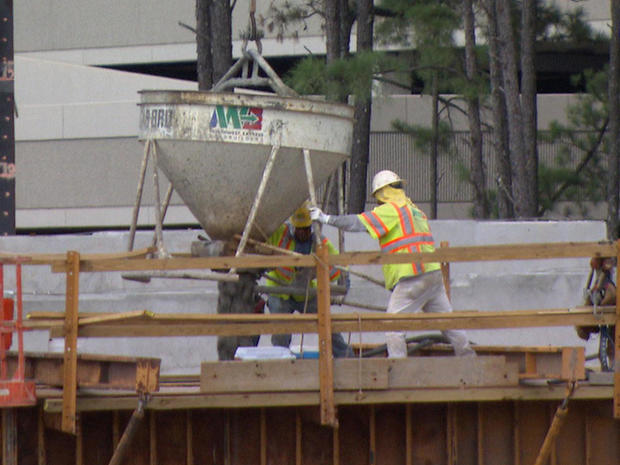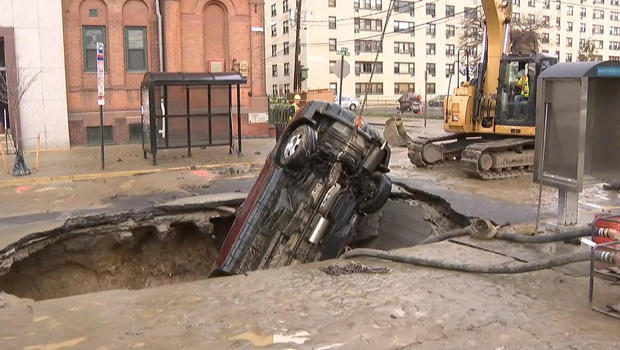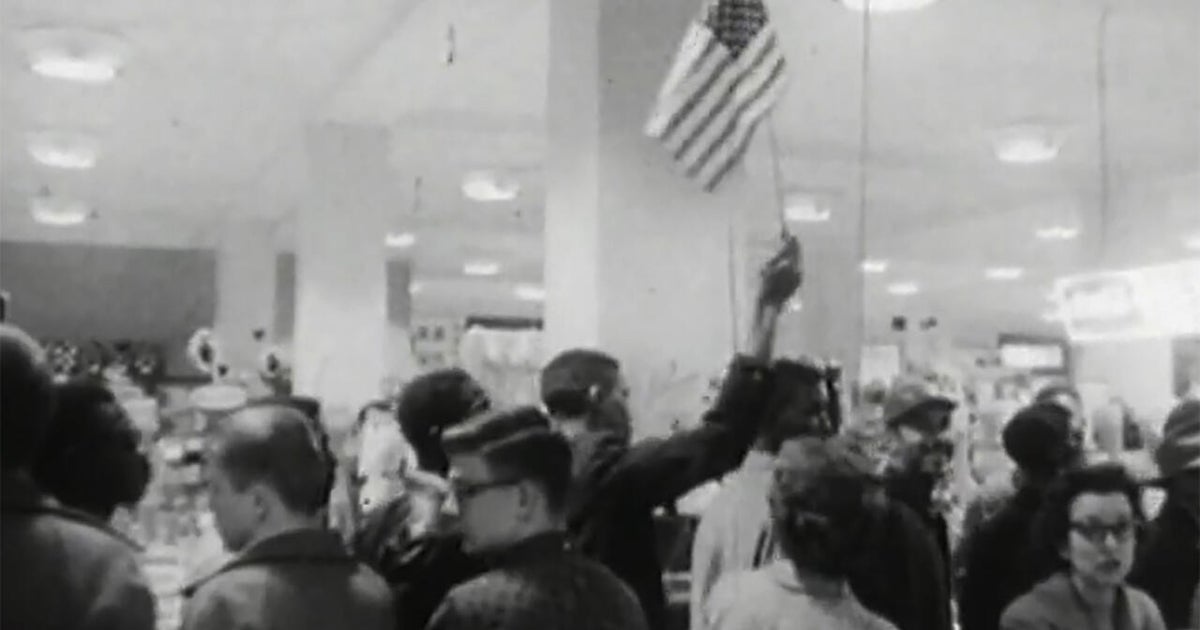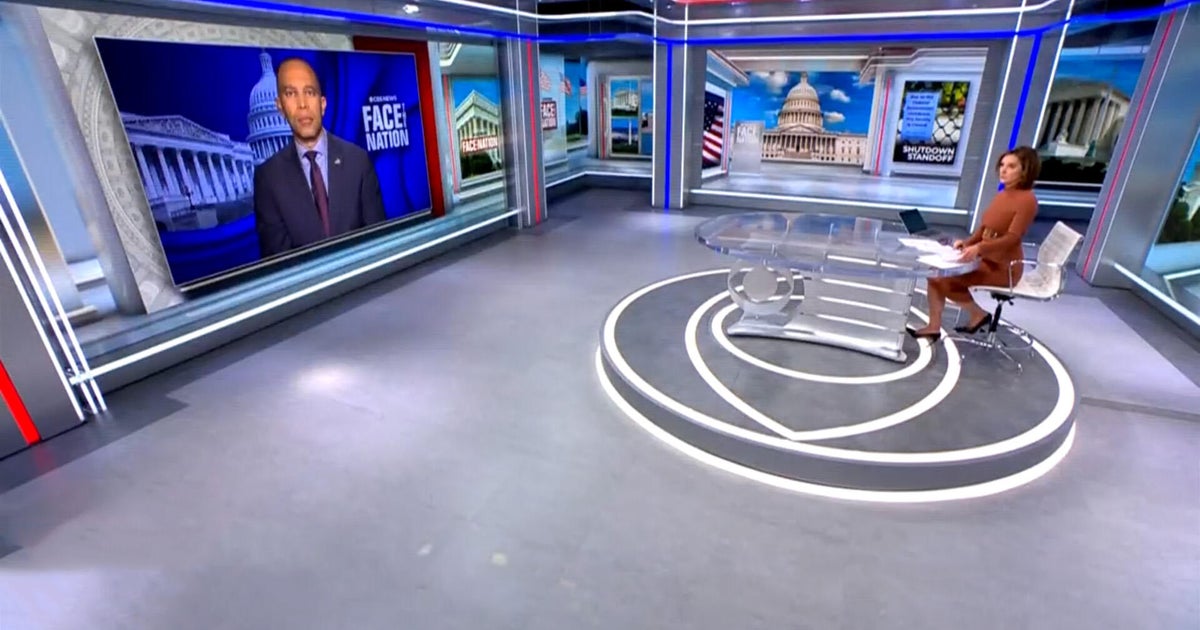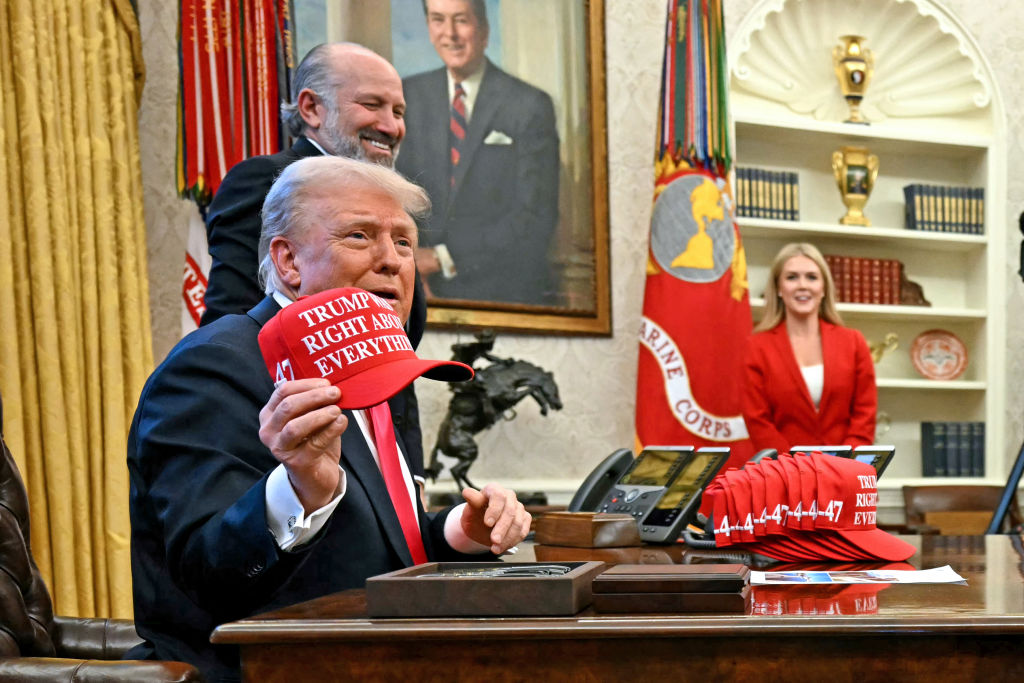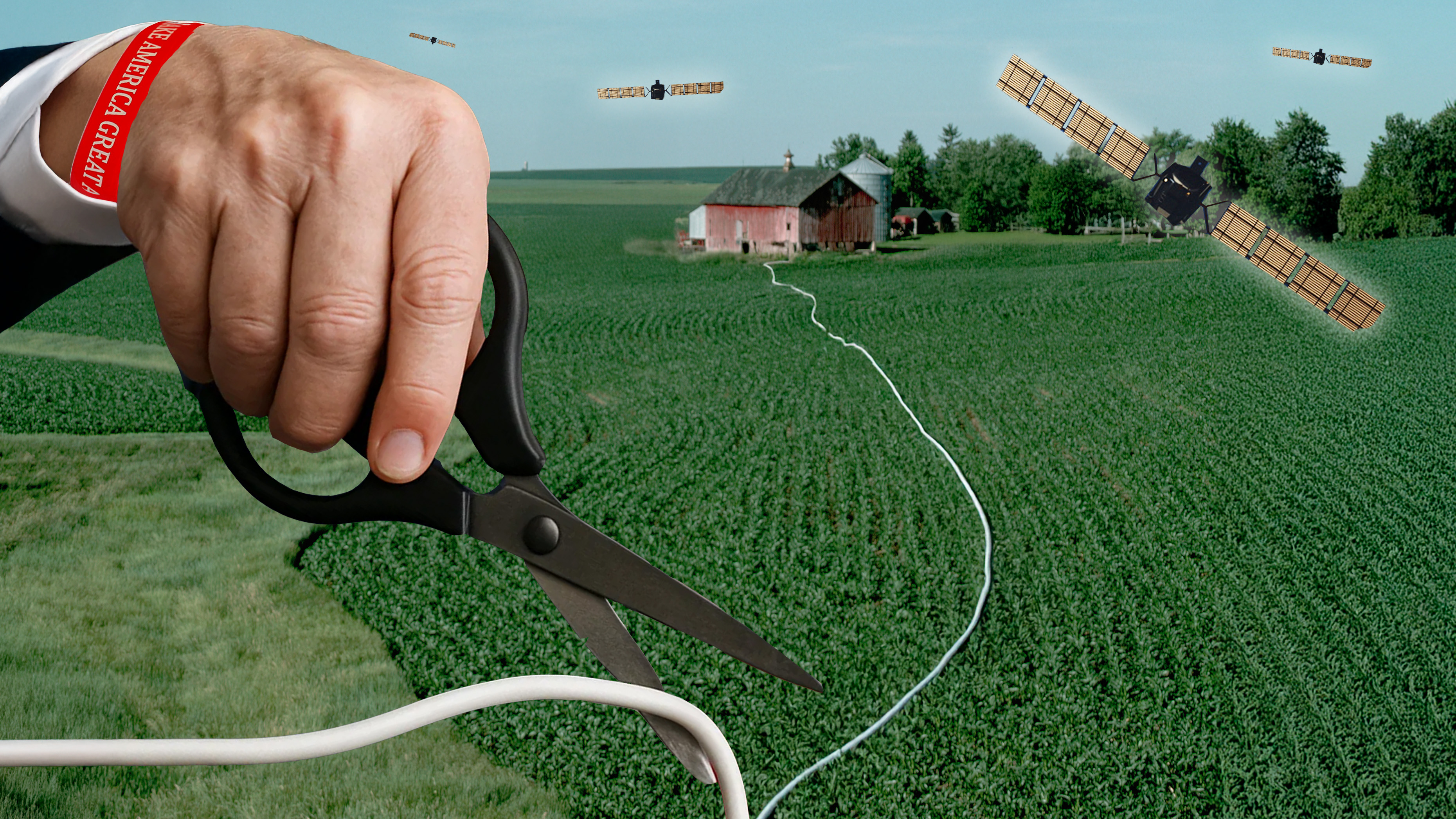Renovation nation: The prospects for repairing America's infrastructure
From President Trump on down, there’s wide agreement that America needs to become a “renovation nation.” Even so, the political road to repairing our infrastructure may be as bumpy and potholed as our actual roads themselves. Our Cover Story is reported by Kris Van Cleave:
In his speech to a joint session of Congress this past week, President Donald Trump made clear he intends to make good on one of his signature campaign promises:
“The time has come for a new program of national rebuilding. Our roads, our bridges, our tunnels, our highways, our airports, schools, hospitals, we’ll rebuild everything!”
Rebuilding the nation’s infrastructure was a key element of Mr. Trump’s plan to make America “great” again. And anxious experts who’ve been watching it crumble for years are hopeful this time the issue might finally get the attention it deserves.
“I think we’ve just been in a mass collective state of denial about how important these systems are, and what it takes to keep them up to snuff,” said Casey Dinges, who is with the American Society of Civil Engineers. Later this week they will release their highly-anticipated “Infrastructure Report Card.” Last time they gave the nation a D+.
“Road conditions cause the average American to spend another $500 a year on car repairs,” Dinges said. “By the year 2020, if we don’t start making proper investments, personal family income will fall by $3,000.”
The United States used to have the best infrastructure in the world, but those days are long gone.
Van Cleave asked, “If these investments aren’t made, doesn’t the risk of failure of these types of aging infrastructure go up?”
“It will be a more dangerous infrastructure that we’re relying on,” Dinges replied. “So we’re certainly putting ourselves at greater risk from a safety perspective, absolutely.”
Virtually everyone agrees we need to fix the nation’s aging infrastructure. But there’s a fierce debate underway about how we should pay for it: by raising taxes, turning to private investment, or simply borrowing more money.
- Americans traveling on crumbling infrastructure (“CBS Evening News,” 05/27/16)
- Mileage tax could be key to infrastructure funding (“CBS Evening News,” 07/01/16)
“I think there’s no danger that we’re gonna spend too much,” said Larry Summers, who served as Treasury Secretary under Bill Clinton, and was an economic advisor to President Obama. He is one of a growing number of economists who say the money to pay for an increase in infrastructure spending should be borrowed.
“A moment of unprecedentedly low interest rates should be a moment of unprecedentedly high investment,” he said. “And it’s a tragic irony that it’s a moment of unprecedentedly low investment.”
“Why is that?” Van Cleave asked. “Why aren’t cities, states and the federal government going, ‘We should act now’?”
“Some of it is general distrust of government,” Summers replied. “Some of it is frustration with the difficulties in getting infrastructure projects done quickly. Some of it is just a generalized gridlock that seems to infect our politics.”
Republicans in Congress consistently opposed increasing infrastructure spending under President Obama. After years of Tea Party protests, few seem eager to take on more debt in order to do so now.
Tuesday night, President Trump hinted his plan will not ask taxpayers to foot the entire bill: “I will be asking Congress to approve legislation that produces a $1 trillion investment in infrastructure of the United States financed through both public and private capital, creating millions of new jobs,” he said.
The White House has yet to release an infrastructure plan. But last fall, Mr. Trump’s campaign suggested offering billions in tax credits to private investors willing to finance public infrastructure projects.
- Former Transportation Secretary Anthony Foxx on “fine print” of Trump’s infrastructure plan (“CBS This Morning,” 03/02/17)
- Trump team’s infrastructure plan has some big gaps (CBS Moneywatch, 02/07/17)
- Trump’s $1 trillion infrastructure plan showing signs of decay (CBS Moneywatch, 12/20/16)
- A potential pothole in Trump’s infrastructure plan (CBS Moneywatch, 11/29/16)
Known as public-private partnerships, they are essentially business deals. The project has to generate revenue for the private investors.
“There are literally trillions of dollars available around the globe for infrastructure projects,” said Doug Peterson, who co-chairs the Infrastructure Task Force for the Bipartisan Policy Center.
“Are there projects that lend themselves to this kind of arrangement?” Van Cleave asked.
“Toll roads would be one example -- that a company might completely purchase and run a transportation system of roads, getting paid through the tolls.”
Like the tolls collected on express lanes outside Washington, D.C.
When Virginia wanted to build them, it was private investors to help pick up the tab. The project would not have gotten done without a public-private partnership. “No, there was no money for this project,” Peterson said.
But for-profit infrastructure can mean more than just toll roads. The long-awaited $4 billion makeover at New York’s much-reviled LaGuardia Airport is a public-private partnership.
But privatizing infrastructure can be expensive -- sometimes very expensive.
In Southern Virginia the tolls to cross a privately-financed tunnel started small, but have risen to as much as $11, forcing Virginia taxpayers to subsidize some low-income drivers.
A toll road in Denver didn’t cost the taxpayers a dime, but costs drivers as much as $18 one way.
In Chicago the cost of parking has more than doubled since the city leased its meters to private investors in 2008. Before the 75-year lease is up, the deal will cost the city’s furious residents millions.
And how do we attract investors to infrastructure projects unlikely to make a profit? We probably won’t.
“Every day I say a little prayer before I come in this building,” said Jim Bogenreif. He runs the 79-year-old water treatment plant in Breckenridge, Minnesota. The city of 3,300 is proud of its safe, clean water, but the plant is long past its prime.
Some pipes still in use date back to the 1930s. “This one is the one that worries me the most -- see what I’m talking about, the rust?” Bogenreif said.
A public works package that included money to replace the plant was defeated in the state legislature last year.
“If this were to fail, blow a hole, we would not have any water at all. And we would have no way to pump it,” said Bogenreif. “It literally scares me. I think I’m goin’ to church right now, I think!”
Here’s the irony: even though politicians can’t agree, infrastructure spending is popular. A recent Quinnipiac University poll found that 87 percent favored increasing federal infrastructure spending.
Many experts believe the best way to fund transportation infrastructure would be to boost the federal gasoline tax; it hasn’t been raised since 1993.
“We did not have enough funding to maintain the roads and the bridges that we currently had,” said Governor Nathan Deal (R-Ga.).
Governor Deal couldn’t do anything about gridlock in Washington, but the Georgia republican was determined to do something about gridlock in Atlanta. In 2015, in a move that angered anti-tax conservatives, Deal and his fellow Republicans in the state legislature agreed on a 10-year, $10 billion transportation bill raising the gas tax by six cents a gallon for the average driver.
Nineteen states and the District of Columbia have increased their gas tax since 2013.
“Is it a situation where people are willing to pay for things like roads, and politics sometimes gets in the way of that?’ Van Cleave asked.
“I think that’s always a factor,” Deal laughed. “I think we sometimes underestimate the enthusiasm that our public has for making sure that they don’t have to sit in traffic. I think that’s the frustration that many taxpayers and many drivers have all across the country, is they don’t see anybody do anything except talking about something. I thought it was time we did something about it.”
No matter how it’s paid for -- raising taxes, private investment, or borrowing -- everyone agrees the time to act is now. If not, the nation’s crumbling infrastructure is likely something we all will be dealing with for a very, very long time.
For more info:
